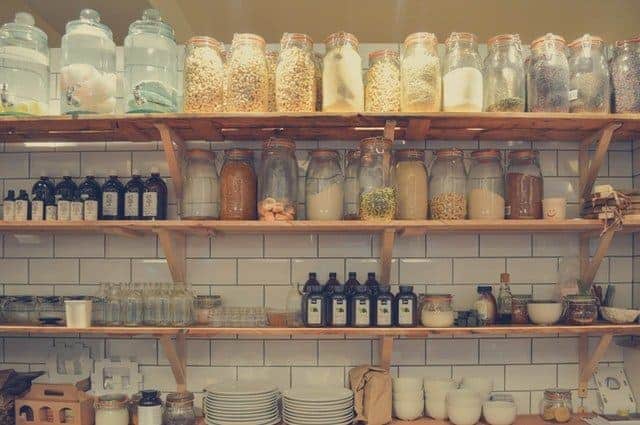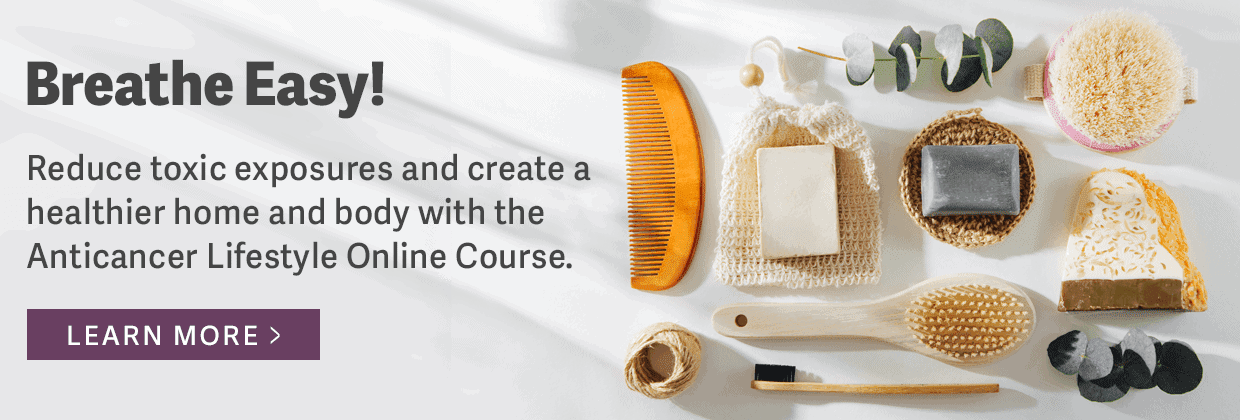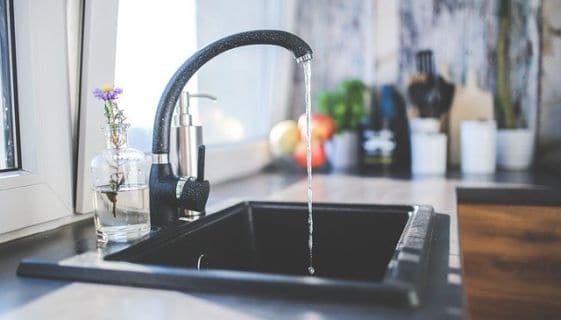The use of plastics has been proven to be harmful to our planet and in some instances our personal health. Try these tips to reduce your use of plastics in the kitchen.
- Avoid plastics for heating foods, particularly in microwaves, even if the label says the container is safe for food. Also, use stainless steel, glass, or ceramics in the oven.
- Use glass or stainless steel for food storage. Reusable plastic lids are fine to use as long as the lid does not come in contact with the food. Most department stores stock these items.
- If you do use plastic wrap to cover storage bowls, use polyethylene instead of vinyl cling wraps for food storage; less “clingy” is safer. Better yet, cover the bowl with a plate. In the microwave, cover food with a plate, cloth towel, or napkin instead of plastic.
- Use wooden cutting boards instead of plastic. Plastic has been shown to harbor more bacteria than wood and there is a risk of small plastic particles becoming dislodged and mixing with the food. Bamboo and other hardwoods are naturally antibacterial, to a certain degree.
- Bring your own take-home container to a restaurant, preferably glass or stainless steel.
- Use glass coffee makers, such as a French press, or ceramic drip filters. Plastic coffee makers may contain PVC, DEHP (phthalates), and flame retardants (DECA- BDE) on the inner workings. If your coffee maker requires a paper filter, use the non-bleached variety.
- Decrease your use of canned foods; the linings can be a source of leached BPA. Instead, choose foods sold in glass containers, like tomato sauce often is. Manufacturers that claim their cans are “BPA-free” usually don’t disclose the BPA-replacement chemical in their can linings that are often as great a concern as BPA itself.
- Avoid aluminum and plastic beverage containers. Even the linings of cans used for healthy drinks may contain BPA. Buy glass- bottled beverages instead.
- Avoid Styrofoam™-type containers. Choose untreated paper products when available. Glass, ceramic, or metal containers are safer choices.
- Silicone appears to be a safe alternative for food storage containers and bowls; however, it has not been well-researched. Food-grade silicone has more additives and colorings than medical-grade silicone and manufacturers do not disclose the additives. Twist the product to check. A solid color is safer, while white cracks indicate more additives.
- Use metal, wood, or bamboo utensils instead of plastic ones.
- Use unbleached parchment paper for baking and wrapping food. Parchment is typically coated with silicone and is considered inert and safe. Aluminum foil is an option, best used against dry foods. Avoid letting the foil come into contact with acidic foods like tomato sauce; this can increase the likelihood of it leaching into foods.
- Use a glass pitcher or a jar for storing beverages.






